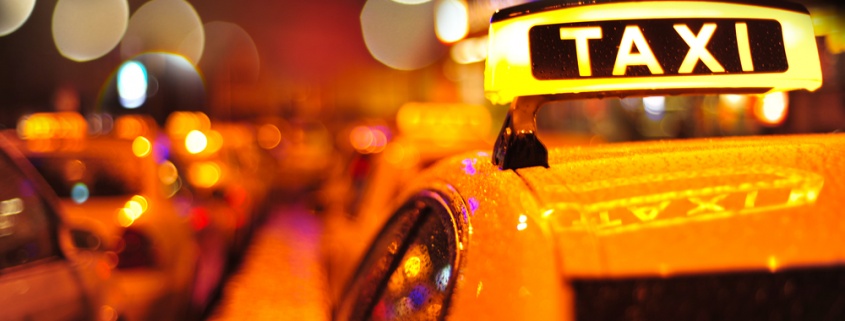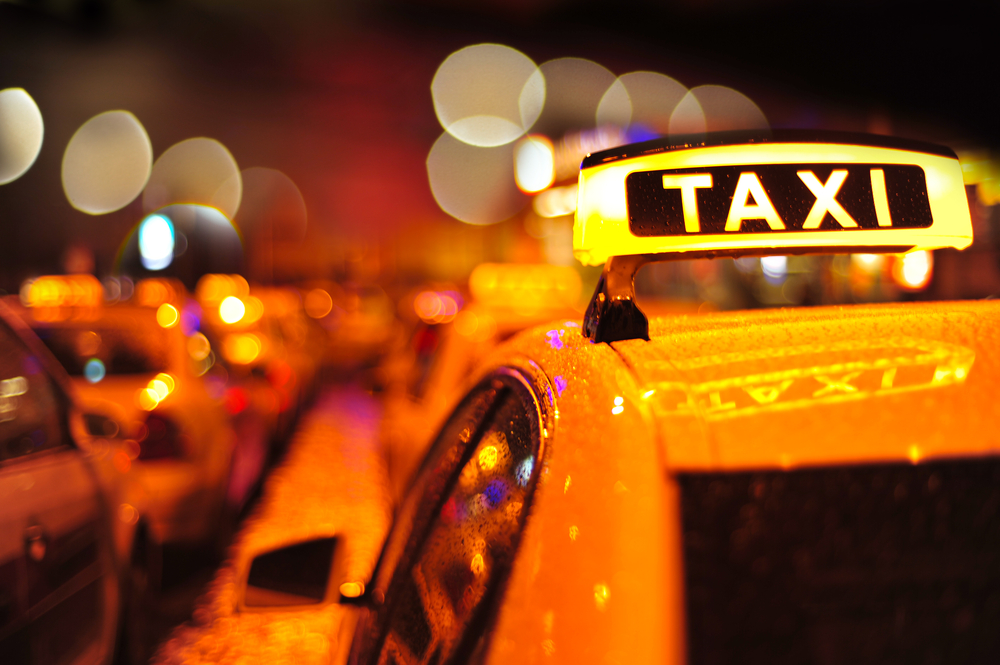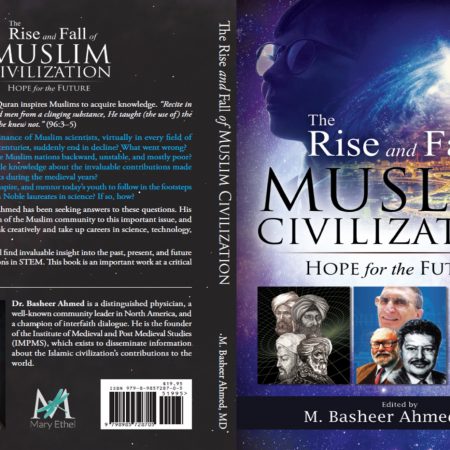Queens Assemblyman Reintroduces Taxi Driver Protection Act
by Aysha Qamar
“He asked me, ‘Where you from?’ So I told him, ‘I’m from Pakistan.’ And then he asked me, ‘What is your religion?’ So I told him, ‘I’m Muslim,’ because I am Muslim,” Anwar Syed, the victim, told reporters.
What started off as any ordinary ride, turned into a vicious beating of an Uber driver when the passenger asked Uber driver, Syed, to pull over. According to police, that’s when, 23-year-old, Phillip Gannotta grabbed Syed’s flashlight and beat him blow after blow.
“He hit me so hard that I knocked out,” Syed said.
Police say, Gannotta beat him bloody with a flashlight and left him unconscious lying in the street. Gannotta then kicked out the rear passenger window fracturing Syed’s eye socket.
This incident that took place in February in Bellmore, Long Island may bring about new laws aimed at protecting drivers.
“My son went to school, his psychiatrist called me and he asked me could you please talk to him because he’s very disturbed. My daughter is very disturbed. My son is only 9 years old, my daughter is 13 years old,” Syed said.
Syed spent five days in the hospital. He developed severe headaches and blurry vision from the incident and what is even scarier, he said, is the lack of state laws present to protect him. Currently, if you hit a train conductor or bus driver the act is considered a felony or assault, however attacking a cab driver is merely considered a misdemeanor.
While still afraid like others, Syed has no choice but to continue doing his job. Fear will always exist for people of color and of marginalized communities until laws are in place to protect them.
“I am scared, but like you know got to go to work, got to go to work. That’s it,” Syed said. “No New Yorker should worry about being attacked for simply doing our job. I call on lawmakers to protect taxi and ride share drivers before another life is shattered.”
State Assemblyman Ron Kim from Queens is trying to change that and toughen penalties on attacks against cab drivers. Legislation is being re-introduced in which the same protections for MTA bus drivers and train conductors would be applied to cab drivers.
Kim gathered with drivers who had been victims of assault at Flushing Town Hall this past week. He provided details for his amended bill called the Taxi Driver Protection Act, in which the penalty for attacking on-the-job for-hire drivers will rise from a misdemeanor to a felony. He said that it would do so by adding for-hire drivers to a list of occupations which currently includes public transportation workers, for which assault is a felony and [attackers] could be sentenced up to 25 years in prison.
“If you attack a public transit worker, a bus driver, EMT worker it’s an automatic felony and the public understands that,” Kim said. “All we’re asking is to extend the same kind of protection for these drivers who are working the late night shifts to make sure they feel protected.”
State legislation in regards to raising the penalty for assaulting a for-hire driver in New York was originally introduced in 2013 and then reintroduced in 2014, but did not pass legislation. It is now being reintroduced due to the recent attacks against minorities.
The bill would require a sign to be posted in for-hire cars informing passengers of the legal consequences of assaulting drivers. According to Kim, such a law already exists in New York City and the bill would extend it to the rest of the state.
“These assaults against drivers are completely unacceptable,” said Kim. “The fact that the victims’ ethnicity or beliefs may have influenced the attacker’s decision is even more despicable.”
While many attacks go unreported, in the past two weeks, there have been reports of two suspected hate crimes against a Sikh driver in the Bronx and a Muslim driver on Long Island.
“Taxi drivers are more likely than any other workers to be victims of violence on the job,” said Bhairavi Desai, executive director of the New York Taxi Workers Alliance. “Drivers in New York City are almost all immigrants and largely Muslim and Sikh, and they face more risk than ever.”
“We want to send a strong message. Don’t attack drivers who are predominantly from minority and immigrant communities. These individuals are out there working hard putting food on the table,” Kim said to Reporters.

















2017
1,591 views
views
0
comments